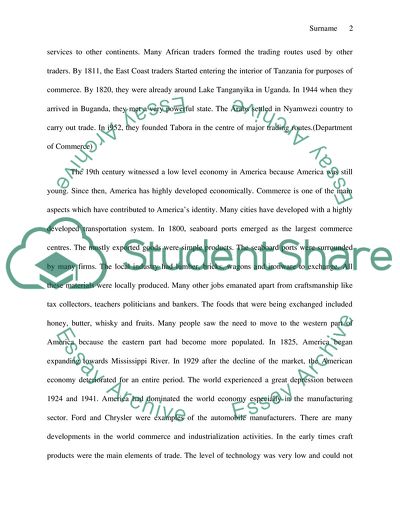Cite this document
(The Big Cs: Conquest, Commerce, Colonization, and Conversion on the Course of History Essay Example | Topics and Well Written Essays - 2750 words, n.d.)
The Big Cs: Conquest, Commerce, Colonization, and Conversion on the Course of History Essay Example | Topics and Well Written Essays - 2750 words. https://studentshare.org/history/1853922-theme-research
The Big Cs: Conquest, Commerce, Colonization, and Conversion on the Course of History Essay Example | Topics and Well Written Essays - 2750 words. https://studentshare.org/history/1853922-theme-research
(The Big Cs: Conquest, Commerce, Colonization, and Conversion on the Course of History Essay Example | Topics and Well Written Essays - 2750 Words)
The Big Cs: Conquest, Commerce, Colonization, and Conversion on the Course of History Essay Example | Topics and Well Written Essays - 2750 Words. https://studentshare.org/history/1853922-theme-research.
The Big Cs: Conquest, Commerce, Colonization, and Conversion on the Course of History Essay Example | Topics and Well Written Essays - 2750 Words. https://studentshare.org/history/1853922-theme-research.
“The Big Cs: Conquest, Commerce, Colonization, and Conversion on the Course of History Essay Example | Topics and Well Written Essays - 2750 Words”. https://studentshare.org/history/1853922-theme-research.


